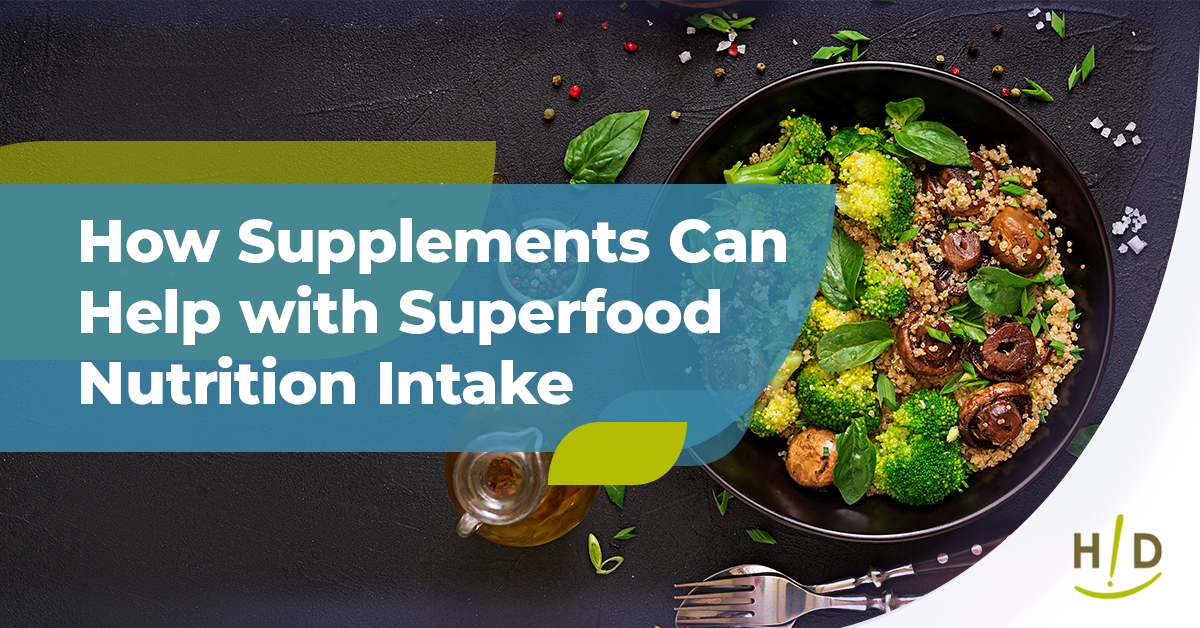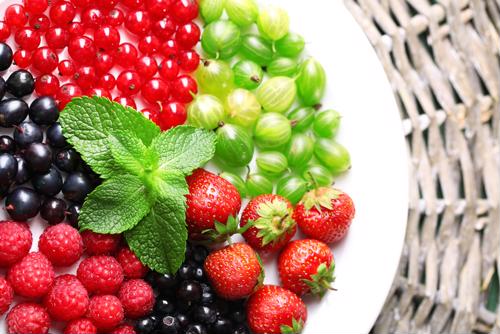You’ve heard of vitamin D being called the sunshine vitamin, and this is with good reason. According to Medscape, the vitamin D produced in our skin through exposure to UVB rays from the sun may last twice as long in our blood compared with that received through the food we eat. However, with our indoor lifestyles and all the concerns about skin cancer, there is a possibility that people may not be getting enough of this vital vitamin. This could result in a vitamin D deficiency with symptoms relating to bone pain and muscle weakness, symptoms which are well understood and easily treated. You may be surprised to learn that vitamin D is completely different from most other vitamins because it also functions as a hormone—a switch that occurs when your body absorbs the vitamin. It is a fat-soluble vitamin that promotes the absorption of calcium, regulates bone growth, and plays a role in immune function.



What’s The Difference Between Vitamin D2 and Vitamin D3?
Vitamin D2
Vitamin D2 (ergocalciferol) is synthesized by plants and is not produced by the human body. The following are typical sources of the vitamin:- Mushrooms (grown in UV light)
- Fortified foods
- Vegan dietary supplements
Vitamin D3
Vitamin D3 (cholecalciferol) is made in large quantities in the skin when sunlight strikes bare skin. Your skin makes vitamin D3 on exposure to sunlight when ultraviolet B (UVB) radiation triggers the formation of vitamin D3 in the skin. A similar process takes place in plants and mushrooms. By spending most of your time outdoors, lightly clad and without sunscreen, you may be getting all the vitamin D you need in the summertime. Of course, this normal amount of exposure does not apply in countries farther north and south of the equator. Nor does it apply to winter time exposure north of Florida. In these regions, you may need more time or other means to achieve the same results. Regardless of where you seek out your sunshine, it’s important to be careful not to spend too much time in the sun without sunscreen or other protection. This is especially important if you have light-colored skin. Sunburn is a significant risk factor for skin cancer, as reported by NCBI. You should gradually increase your sun exposure to avoid burning. Despite the risk of sunburn and its associated complications, unlike dietary vitamin D, you cannot overdose on the vitamin D3 produced in your skin. If your body already has enough, your skin produces less. Insufficient sunlight could be viewed as a significant health risk if you are unable to receive much sunlight. Vitamin D2 and D3 are not equal when it comes to raising your vitamin D status. Most studies show that vitamin D3 is more effective than vitamin D2 at increasing blood levels of circulating vitamin D. Vitamin D2 is cleared from your circulation much faster and breaks down into abnormal metabolites not formed by vitamin D3. Thus, if you are taking vitamin D supplements, consider choosing vitamin D3.






